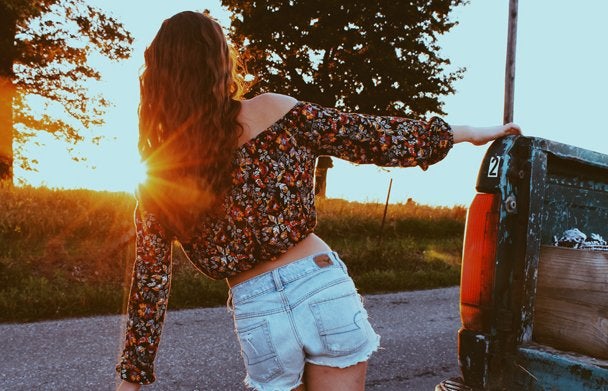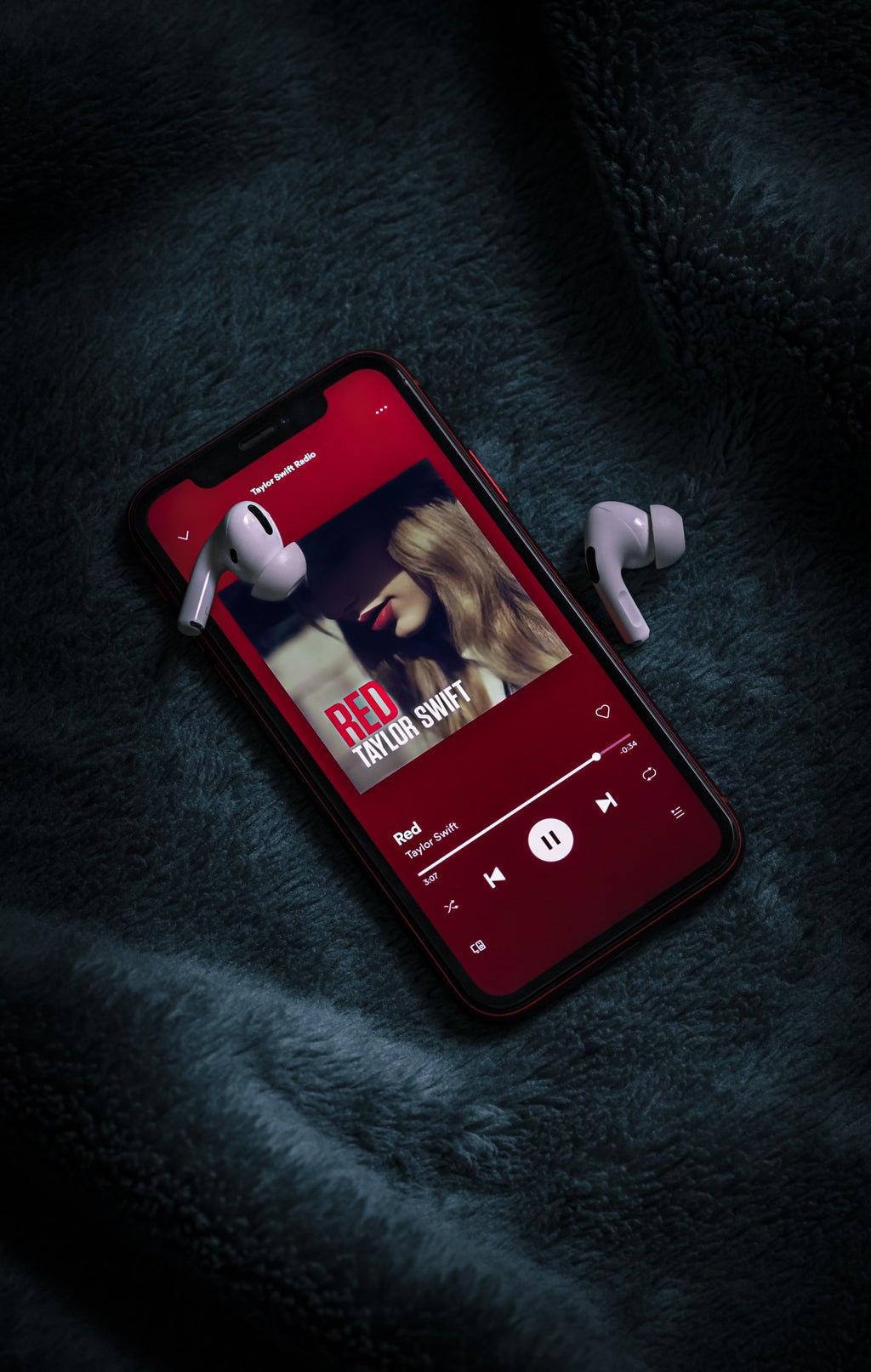In defense of Country Music
Oftentimes when the question, “What kind of music do you like?” is asked, the answer tends to be, “I like everything– except country.” I’ll admit, I used to be a hater too but the more I gave it the chance, the more I appreciated the genre. Oftentimes, the criticism lauded against modern country music is that it isn’t true to its original form. Country music can be traced to African immigrants who came to America sharing folk tales and songs of freedom, according to the Library of Congress. With the help of radio and film, country music quickly spread across the country and gained in popularity. This popularity led to the genre’s denomination of the charts that can still be seen today.
Historically, country music commentates on current events, social issues, and everyday American life. But as the country evolves, so has the music.
“I think the thing with country [now] is that it is Americana culture, but in the way that people outside of America think America is like,” said Sammy Paulino, a sophomore at American University.
“I agree with that,” says Matthew Bridges, a junior at AU. “I think that Indie-Country and Country are the same genre, but Indie-Country is for liberals.” Bridges’ view of country music similar to most people’s view of what country music is like– that it is very much conflated with American political conservatism. But not every country artist views themself as conservative.
“I actually love Country. I grew up listening to Carrie Underwood. And I love Taylor Swift, who started off as a country singer,” shares Paulino. In case you’ve been living under a rock, here is a quick summary of Swift’s career. She started in the country genre with her debut album, Taylor Swift released in 2006. Over the next few years, she followed with 3 more country albums: Fearless, Speak Now, and Red (although Swift herself considers this album to be a “patchwork quilt of genres”, which she shared on Late Night with Seth Myers). Afterwards, Swift transitioned to pop with albums 1989, Reputation (which could also be considered mixed-genre), Lover, Midnights, and in a few weeks, The Tortured Poets Department. She also ventured into the folk genre with her pandemic-era albums Folklore and Evermore. Her country albums were met with high acclaim and she received many nominations and wins for VMAs, CMAs, and Grammys. It’s hard to talk about modern country without talking about Taylor Swift. Love her or hate her, her impact on country music is something that cannot be denied.
According to Brittanica, Swift was largely influenced by Shania Twain and The Chicks, who have had prosperous careers and inspired many artists in the following generations. But when it comes to the current generation of Country music, there aren’t very many artists that can translate their work to appeal to those who are not Country fans.
“I think that Kacey Musgraves is this generation’s Carrie Underwood,” Paulino went on to say. “But there isn’t really anyone who is an international phenomenon for the genre. Like the way that Shakira is an international phenomenon for Spanish.” I think this is a fair point– Kacey Musgraves is certainly popular within the genre, but outside of Country and Pop she doesn’t have a ton of reach.
I can make the case for why Kacey Musgraves should be a bigger artist than she is now. In 2012, Musgraves released her debut single “Merry Go ‘Round”, written by herself along with Josh Osborne and Shane McNally. On the single, Musgraves sings the following lines for the hook of the chorus: “Mama’s hooked on Mary Kay. Brother’s hooked on Mary Jane. Daddy’s hooked on Mary two doors down. Mary, Mary, quite contrary. We get Bored so we get married. Just like dust, we settle in this town. On this broken merry go ‘round.”
For context, Osborne heard a similar phrase spoken by McNally’s mother at a Fourth of July Party and was inspired to write the song shortly after. The duo got together and began discussing the different variations and connotations of the word “Mary”. The main theme of the song was different struggles faced while living in a small town and how this creates a negative cycle. The duo shared the song idea with Musgraves, who loved the idea. Since all three were from small towns in the American south, they all related to the idea of a broken small town that causes the people living there to feel trapped.

The song would go on to peak at #10 on the Country Radio Charts, and the following year Musgraves released her debut album Same Trailer, Different Park. In 2014, Musgraves won her first Grammy award for Best Country Album.
At first glance, the song itself might not appear to be controversial. That is, if you’re just listening to the music instead of hearing the lyrics. When you analyze what Musgraves is singing, she sings of a range of incredibly difficult topics: love, loss, drug abuse, and infidelity. The song pushes back against the often classist view that life in the south is “simple” and not as complex as that of the north. This isn’t true, of course, and Musgraves pulled on very real experiences to express this. The song is full of amazing lines, but there is one in particular that stands out to me. In the first chorus, Musgraves sings, “Same hurt in every heart. Same trailer, different park.” This line is so beautiful to me because it does a great job of dispelling the typical stereotypes placed upon Country music. What she’s saying is that it doesn’t matter where you grow up, or how wealthy may be, or who you’re surrounded by– we all have experienced struggle in our own lives. This song itself proves to me that country music is more than what many believe it to be: there is life in the south besides trucks and beer and American flags.
To give you a better understanding, I have included a few more songs with similar ~vibes~:
- Traveller – Chris Stapleton
- All Again – Charles Wesley Godwin
- homecoming queen? – Kelsea Ballerini
- Red Ragtop – Tim McGraw
All of the people above have gained recognition for their storytelling abilities and have garnered wide-range success for their work. So, if these artists have had so many achievements on the charts and with prestigious awards, why do people still hate country music?
“Also, one thing I don’t like is that I see this thing with artists like Taylor Swift and Ariana Grande, and a couple of other artists, is that the lyrics are really gimmicky,” Bridges argues. He says this because he felt that the current country landscape was more about appealing to a stereotypical aesthetic rather than drawing on authenticity.
But “Merry Go ‘Round”, and the other songs mentioned, show songwriting capabilities that far surpass the stereotype of Country music. Each song is full of honest lyrics and painful experiences. And that is the beauty of the genre– you can sing about young love and the freedom experienced when the world is bright and new. Or, you can sing about your darkest secrets and your deepest regrets. Both are valid. Both are real. Neither are patriotic, conservative, or shallow. All are respectable.




